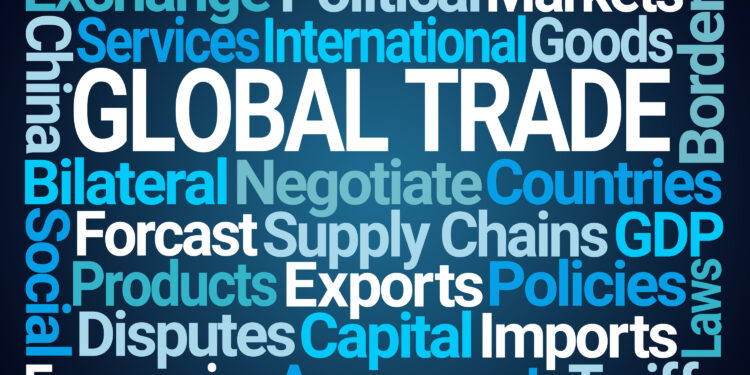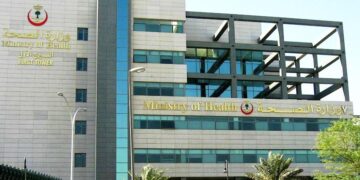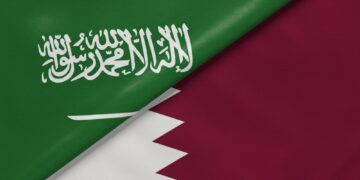Saudi Arabia has secured nine substantial agreements worth SR35 billion ($9.31 billion) at the Global Supply Chain Resilience Initiative forum in Riyadh. These deals are intended to boost global trade connections and diversify the Kingdom’s economy.
The agreements cover vital sectors such as copper smelting, aluminum production, and rare earth processing. These projects support the GSCRI’s target of attracting SR150 billion in export-oriented investments by 2030. Reflecting its logistics advancements, Saudi Arabia has climbed 17 places to 38th in the World Bank’s 2023 Logistics Performance Index.
Key Agreements
Significant deals include copper ventures with Vedanta, titanium projects with Advanced Metals Industries Cluster and Tasnee, and rare earth processing with Hastings. Additional agreements involve aluminum production with Red Sea Aluminum and Tahweel, zinc smelting with Moxico, and a platinum group metals smelter with Ajlan & Bros and Platinum Group. Moreover, a lithium carbonate extraction and copper refinery project with Zijin Group is planned.
A notable highlight is the agreement to develop a cutting-edge manufacturing facility with GlassPoint, paving the way for the world’s largest industrial solar thermal project.
Strategic Vision
Investment Minister Khalid Al-Falih remarked on the evolving nature of globalization towards regionalization and supply chain clustering. He noted that future supply chains will focus on regions with abundant raw materials, energy, human resources, and capital in a conducive business environment.
Al-Falih also emphasized the contributions of Public Investment Fund-backed companies, such as Manara and Alat, in advancing sectors like mining and digital manufacturing.
Industrial and Mining Growth
Industry and Mineral Resources Minister Bandar Alkhorayef reiterated Saudi Arabia’s goal to become a global industrial leader, expanding its industrial base and tackling global challenges, especially in mining. The Ministry has qualified local and international firms for exploration licenses in mineral-rich areas like Jabal Sayyad and Al-Hajar, totaling 4,788 square kilometers. Qualified companies include Zijin Mining Group, Hancock Prospecting, and First Quantum Minerals.
Enhancing Supply Chain Resilience
Minister of State Hamad Al-Sheikh highlighted Saudi Arabia’s dedication to improving logistical infrastructure and global supply chain resilience. He outlined national strategies, such as the National Industrialization Strategy and the National Investment Strategy, to attract investment.
However, he warned of challenges from market dynamics, geopolitical factors, and environmental issues, stressing the need to stay vigilant amid rapid global supply chain changes.
Initiated in October 2022, the GSCRI aims to establish Saudi Arabia as a global supply chain hub, leveraging its strategic advantages and mitigating global disruptions. This initiative is a key part of the ongoing 28th World Investment Conference in Riyadh.









